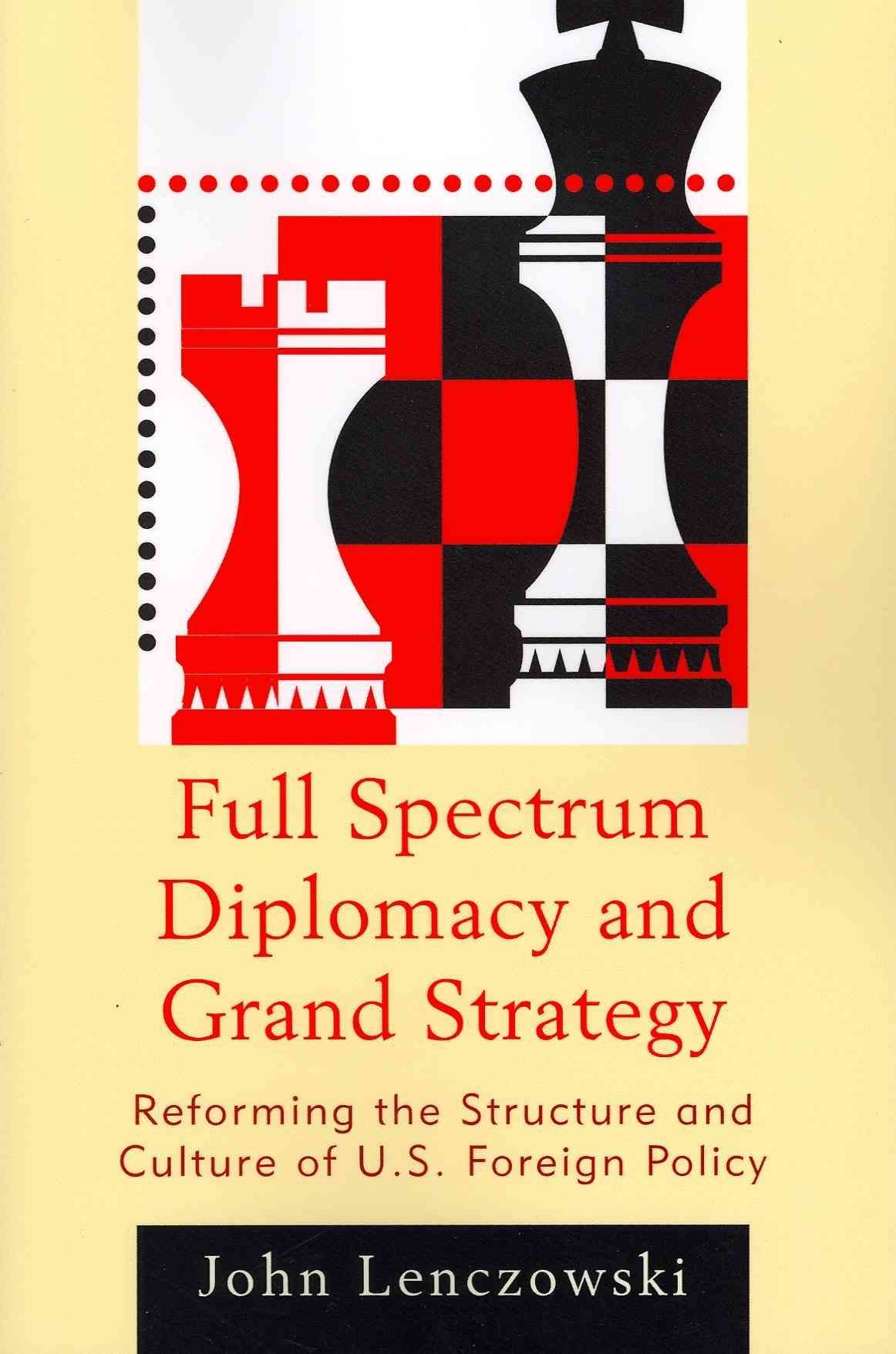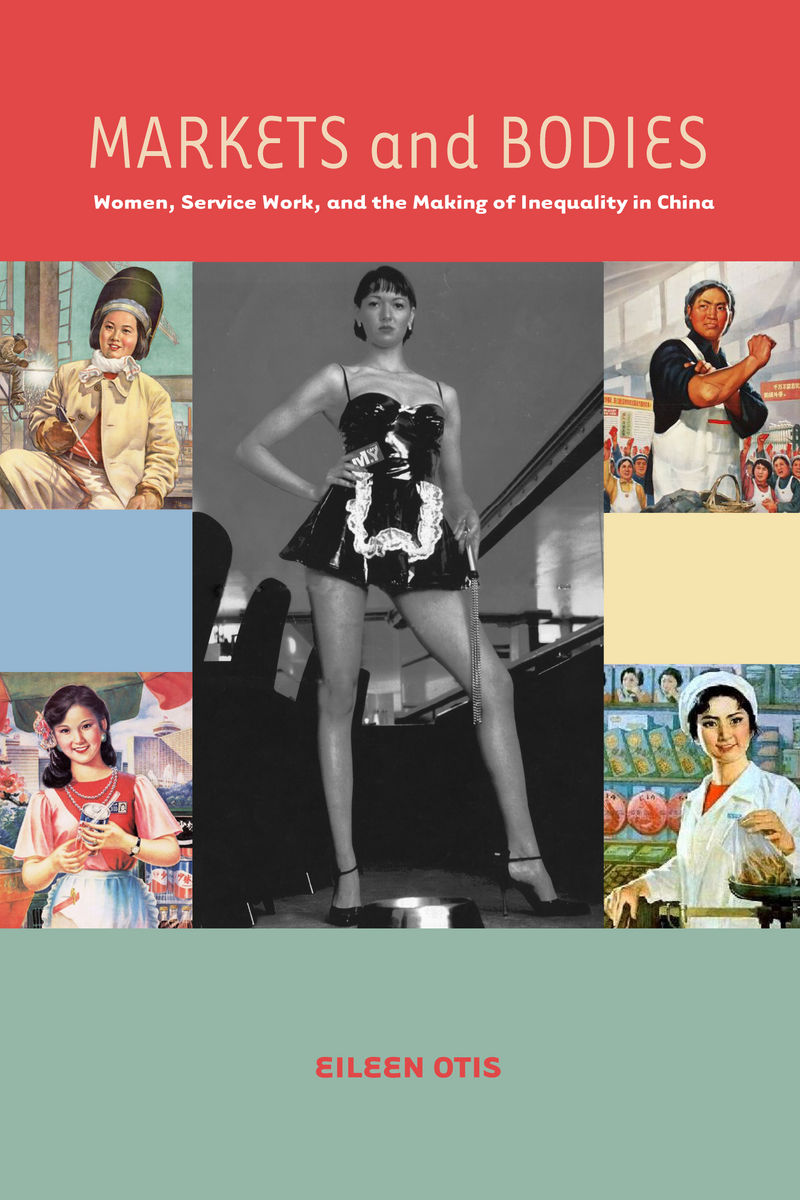This book provides a global overview of populist actors and strategies around the globe from a comparative perspective. By presenting six country studies on the United States, France, Poland, Turkey, the Philippines and Argentina, the contributors analyze how parties from both the radical left and right use a populist discourse combining people-centrism, anti-elitism, and the exclusion of certain population cohorts from the national community. They illustrate how populist actors mobilize and persuade citizens by using simple and slogan-based language and charismatic leadership while offering simple solutions to complex problems. Each case study describes the history of populism in the respective country, current populist actors, the strategies these parties and movements employ, and how successful these tactics are within the population. These case studies are embedded within two theoretical chapters that link the cases to the theoretical and empirical literature on populism. This timely book will appeal to anyone interested in understanding the current enormous appeal of populist movements around the globe.












